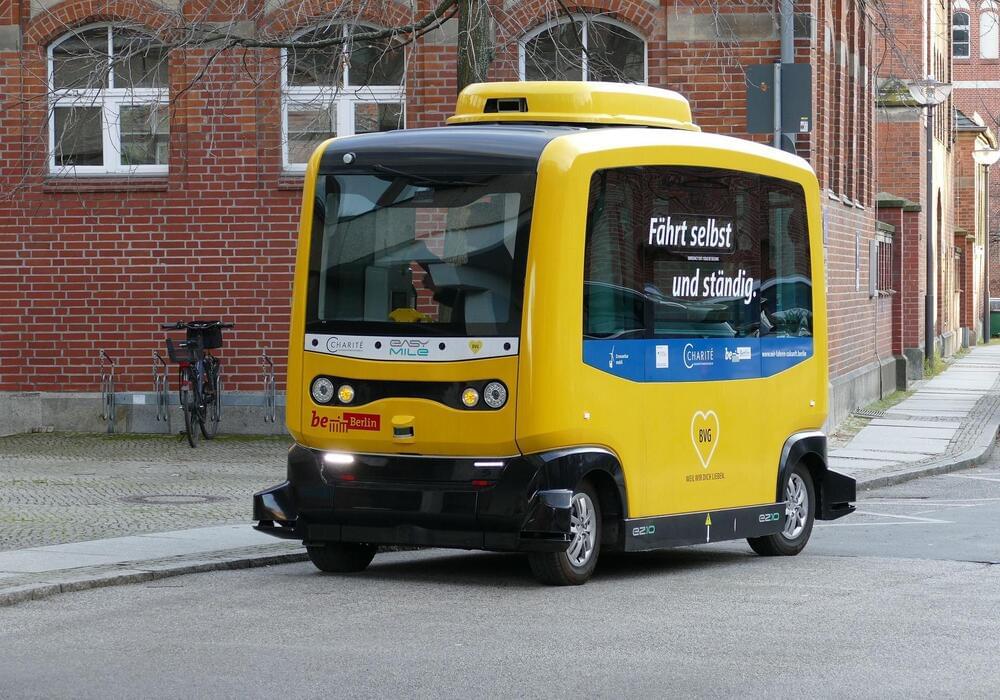An autonomous vehicle is able to navigate city streets and other less-busy environments by recognizing pedestrians, other vehicles and potential obstacles through artificial intelligence. This is achieved with the help of artificial neural networks, which are trained to “see” the car’s surroundings, mimicking the human visual perception system.
But unlike humans, cars using artificial neural networks have no memory of the past and are in a constant state of seeing the world for the first time—no matter how many times they’ve driven down a particular road before. This is particularly problematic in adverse weather conditions, when the car cannot safely rely on its sensors.
Researchers at the Cornell Ann S. Bowers College of Computing and Information Science and the College of Engineering have produced three concurrent research papers with the goal of overcoming this limitation by providing the car with the ability to create “memories” of previous experiences and use them in future navigation.









Comments are closed.